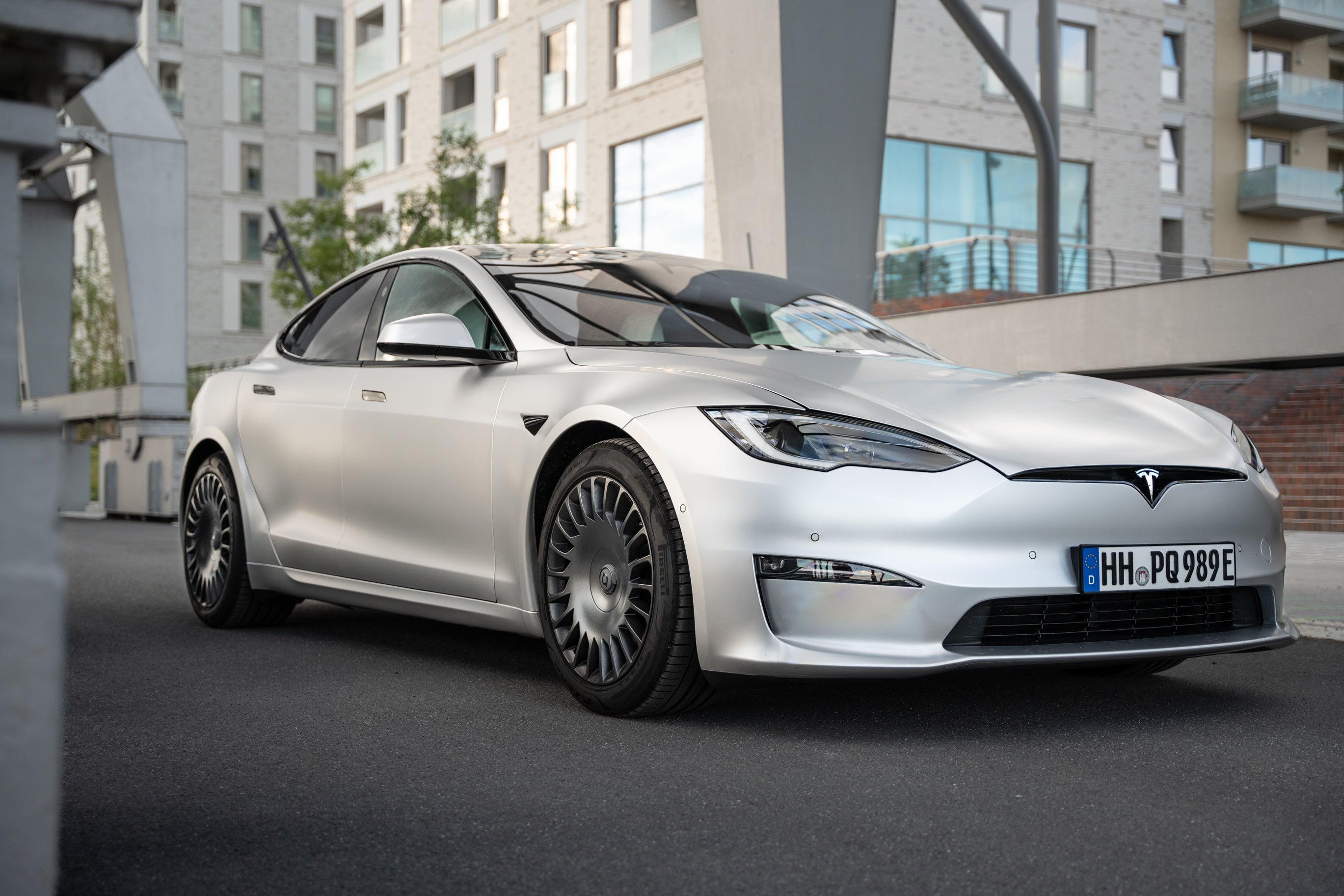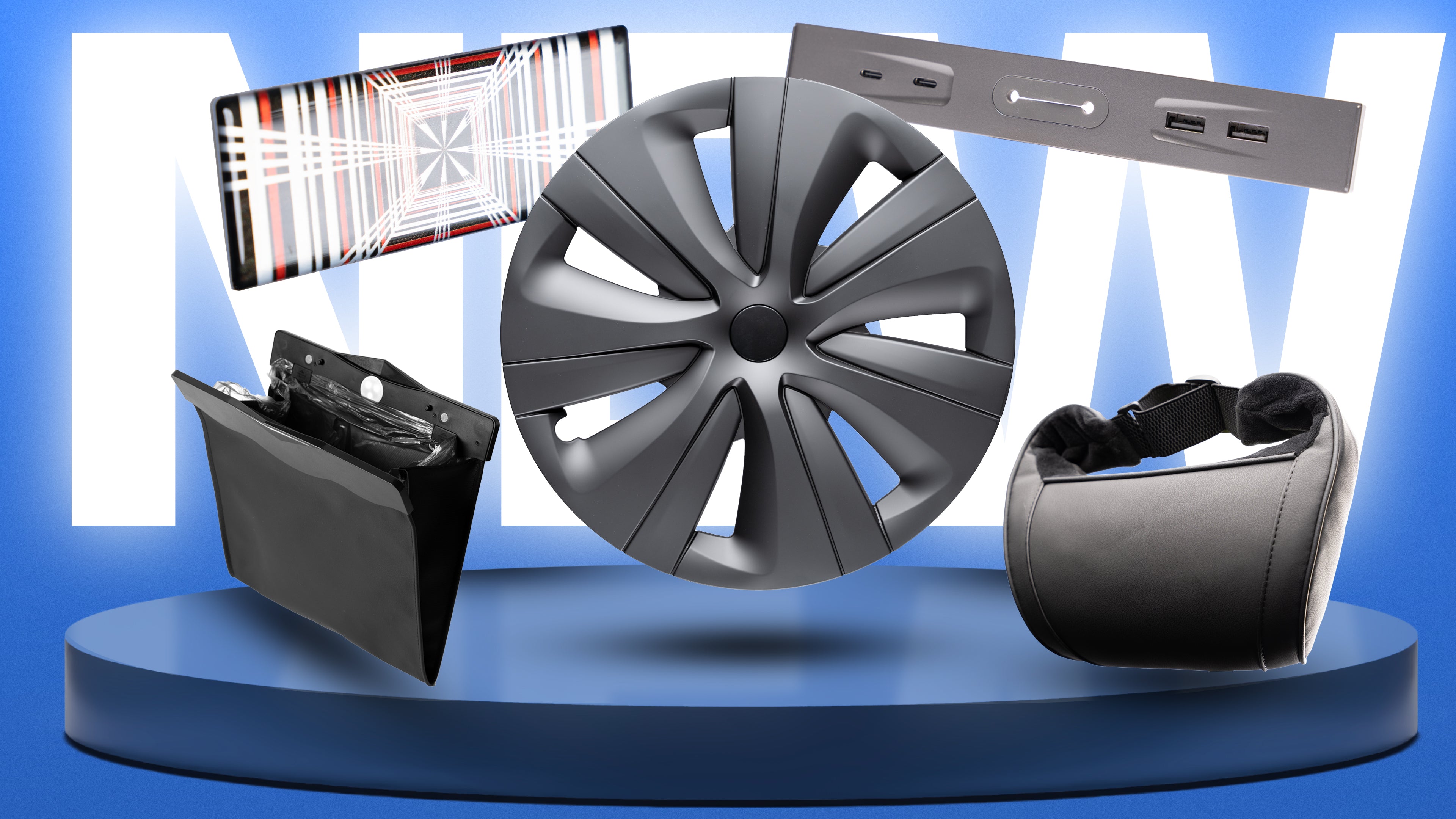In May, the number of electric car registrations in Germany fell by 30 percent compared to the same month last year. This development has alarmed Michael Lohscheller, the new President of the Association of International Motor Vehicle Manufacturers (VDIK). In an interview, he described the decline as "truly dramatic" and called for a comprehensive offensive to promote electromobility.
A wake-up call for the industry
Lohscheller sees the drastic decline in registration figures as a clear wake-up call. "We can't go on like this," he said in the interview. He emphasized that huge efforts are needed to advance electromobility in Germany. He particularly criticized the decision to abruptly cancel the environmental bonus, which he described as "extremely counterproductive" and a "signal in the wrong direction".
Challenges: High electricity prices and an inadequate charging network
In addition to subsidies, Lohscheller sees two other major problems that are hampering the success of electromobility in Germany: high electricity prices and an overly extensive network of charging stations. "Electricity prices are still too high in Germany. In France I pay 23 cents per kilowatt hour, in Germany 37. The EU average is 28 cents. It has to pay off for people," explained Lohscheller.
There are currently around 115,000 charging stations in Germany. However, in order to achieve the target of one million charging points by 2030, the expansion must be significantly accelerated. Lohscheller emphasized the need to quickly find solutions together with politicians in order to expand the network and make electromobility more attractive.
Bureaucracy and high costs as additional hurdles
The VDIK President sees another obstacle in the high level of bureaucracy and high labor costs in Germany. He expressed concern that the country was generally suffering from "too much bureaucracy". While the high labor costs are also a challenge, the problem of energy prices currently seems even more serious to him.
Lohscheller also warned of the threat of tariff increases, which could further drive up the cost of emission-free mobility. "It cannot and must not be the case that emission-free mobility of all things now becomes even more expensive because of such trade barriers," he said.
Conclusion
The slump in registration figures for electric cars in May 2024 is a serious signal for the automotive industry and politicians in Germany. Michael Lohscheller is therefore calling for decisive measures to promote electromobility and overcome the existing hurdles. The ambitious goals of electric mobility can only be achieved through a combination of financial incentives, a faster expansion of the charging infrastructure and a reduction in bureaucracy. Developments in this area remain exciting and will largely depend on how quickly and effectively these measures are implemented.





































